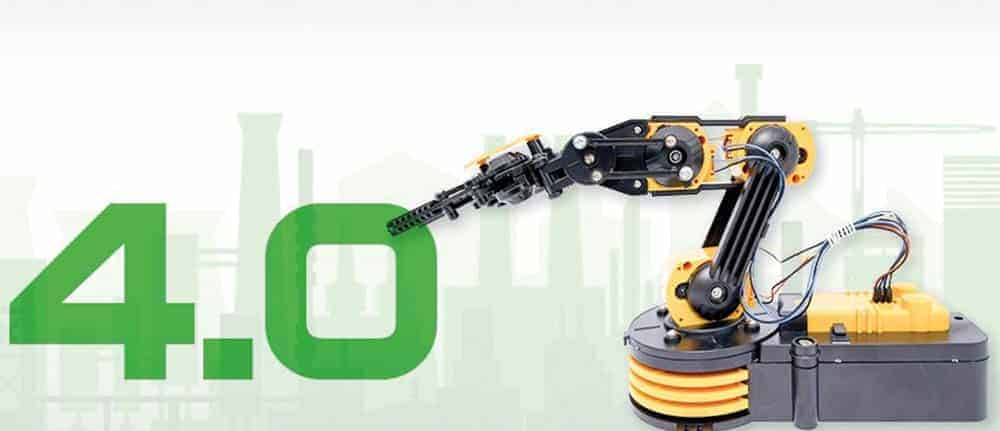The challenge of energy management


One of the greatest current economic and ecological challenges is the efficient use and saving of energy. In view of a global increase in demand for raw materials and energy sources, the need for more efficient use of resources is becoming ever more urgent.
Measures to increase efficiency in the use of resources therefore offer companies two advantages: strengthening competitiveness and reducing the burden on the environment. The introduction of suitable energy data management systems provides the basis for this.
In order to be able to deal responsibly and sustainably with the resource energy in the operational environment, reliable information is required on the use of energy caused or its waste, both in the area of commercial production and in the context of the personal and collective behavior of individual employees.
Exploiting efficiency potential
Necessary key technologies in this context are energy data management systems for recording and displaying product- and behavior-related energy consumption and related analyses.
An important feature of these tools for integrated information processing of business processes and automatically recorded energy consumption is the display of key figures and measured values.
This presupposes that the necessary data is collected adequately and in line with the situation in employees' everyday lives. Experience shows that opportunities for optimization and implementation of efficiency potentials are significantly linked to the quality of the system used for energy optimization.
Therefore, when planning and introducing an energy data management system, it is imperative to carry out a systematic survey of the decision-making situations relevant to energy consumption as well as the information required in the context as an important success factor.
Furthermore, a distinction must be made between whether the energy data management system is to support decisions at the operational or strategic level.
At the operational level, the aim is to visualize current consumption information in such a way that the user can directly influence consumption in a positive way.
At the strategic level, the focus is more on long-term decisions. In particular, the focus is more on the impact of energy consumption and on the overall result of the company.
Smart Energy
The ideal solution for optimizing energy consumption should enable an end-to-end view of energy as a resource. It should also bridge the gap between strategic-level operational information systems (ERP), on the one hand, and new smart energy technologies for automatic real-time metering and consumption management, on the other.
With a suitable design of an energy data management system, it is possible in this context to provide users with the right information on production- and consumption-oriented energy consumption at the right time and in the right place.
The vision of end-to-end energy data management solutions is therefore to enable a seamless transition between the application fields operationally and strategically.
In the sense of integrated information processing, energy data management systems should enable different views, optimized for different user groups, of the same database, depending on the context.







